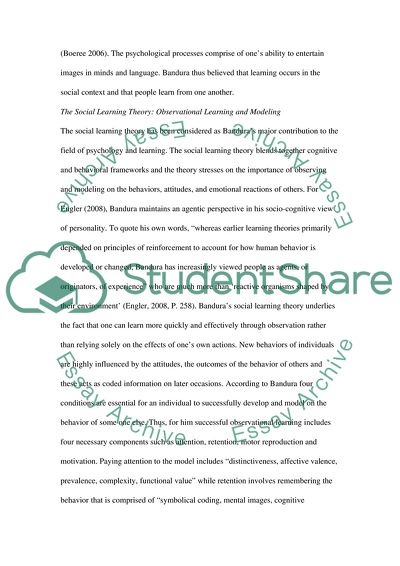Cite this document
(“Learning Theories of Albert Bendura Research Paper”, n.d.)
Learning Theories of Albert Bendura Research Paper. Retrieved from https://studentshare.org/education/1730961-learning-theories
Learning Theories of Albert Bendura Research Paper. Retrieved from https://studentshare.org/education/1730961-learning-theories
(Learning Theories of Albert Bendura Research Paper)
Learning Theories of Albert Bendura Research Paper. https://studentshare.org/education/1730961-learning-theories.
Learning Theories of Albert Bendura Research Paper. https://studentshare.org/education/1730961-learning-theories.
“Learning Theories of Albert Bendura Research Paper”, n.d. https://studentshare.org/education/1730961-learning-theories.


